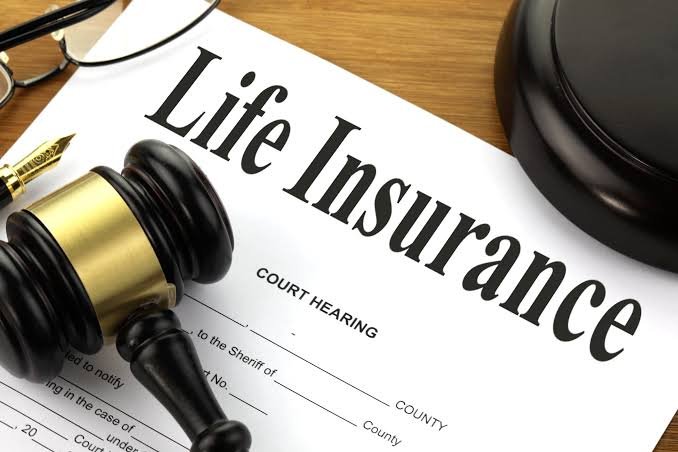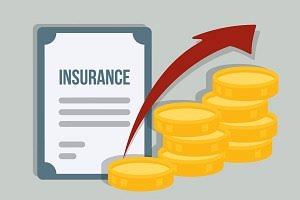Average cost of car insurance
How much is car insurance for the average American? What is the average car insurance rate by age and gender?
We pulled data from several top sources for car insurance data to get the answers. Some of the results were just as we expected – for example, teens pay too much for car insurance.

There were also plenty of surprises, such as a low credit score being almost as bad for your insurance rate as driving under the influence (DUI).
Keep reading for all the latest information on the average cost of auto insurance.
key findings
The average cost of car insurance for a one-year policy with full coverage is $1,569.
Teens have the most expensive car insurance rates by a wide margin, with policies more than double those of any other age group.
Car insurance rates are among the lowest for drivers in their 50s.
Rates are higher for young male drivers than for younger female drivers, but there is minimal difference by gender for drivers age 25 and older.
Hybrids are the most expensive type of car to insure, followed by sedans.
Michigan has the highest car insurance rates with an average cost of $3,096 per year, $700 more than second-ranked Louisiana.
USAA is the carrier with the cheapest car insurance rates at $885 per year.
Driving under the influence causes a 75% increase in the average rate.
Drivers with bad credit pay 71% more than those with good credit, except in some states that don’t allow carriers to use credit scores when calculating rates.
different types of car insurance
Before we get into the average cost of car insurance, we need to look at the types of auto insurance available.
There are four basic types of car insurance coverage:
Property Damage Liability Coverage: Covers damage caused to another person’s property when the policyholder is at fault for an accident.
Bodily Injury Liability Coverage: Covers medical expenses incurred by another person when the policyholder is at fault for an accident.
Collision Coverage: Covers damages caused to the policyholder’s vehicle when they are at fault for the accident.
Comprehensive coverage: Covers damages caused to the policyholder’s vehicle that were not caused by an accident, such as theft and weather.
All but two states (New Hampshire and Virginia) require drivers to have liability insurance. In the two states that do not require it, drivers must be able to pay for property damage and bodily injury resulting from a car accident. For most drivers, liability insurance is still the most sensible option, even in states that don’t require it.
The minimum amount of legally required liability insurance varies by state and is often called a minimum coverage policy. For example, the minimum coverage in a state may be at least $10,000 in property damage liability and $25,000 in bodily injury liability.
If a policy has all the four types of coverage mentioned above, then it is a full coverage policy. These policies can vary greatly in features and pricing depending on what the driver wants.
Average cost of car insurance: $1,569 per year
The average car insurance rate for full coverage is $1,569 per year, based on data from Coverage.com, Insure.com, The Zebra State of Auto Insurance 2019, and US News.
Breaking this down, the average car insurance cost per month is about $131. If you’re looking for a ballpark estimate of car insurance costs, plan on that.
Coverage-wise, minimum coverage is pretty cheap, with an average annual cost of $545
Car insurance prices tend to increase over time. Zebra found that the average auto insurance premium has increased 29.6% since 2011. However, this can vary greatly from year to year. In 2013, the average premium amount decreased by 6.3%. Other years have seen growth of up to 6.9%.
Average Cost of Car Insurance by Age Range Average Annual Rate (Full Coverage) Teens $5,023 20s $1,989 30s $1,532 40s $1,474 50s $1,365 60s $1,384 70s $1,611 80s $1,880
Data source: Zebra (2020).
Insurance rates can be very expensive for younger drivers, as they are more likely to be involved in accidents. This is mainly due to their lack of road experience and because they are prone to reckless behavior.


